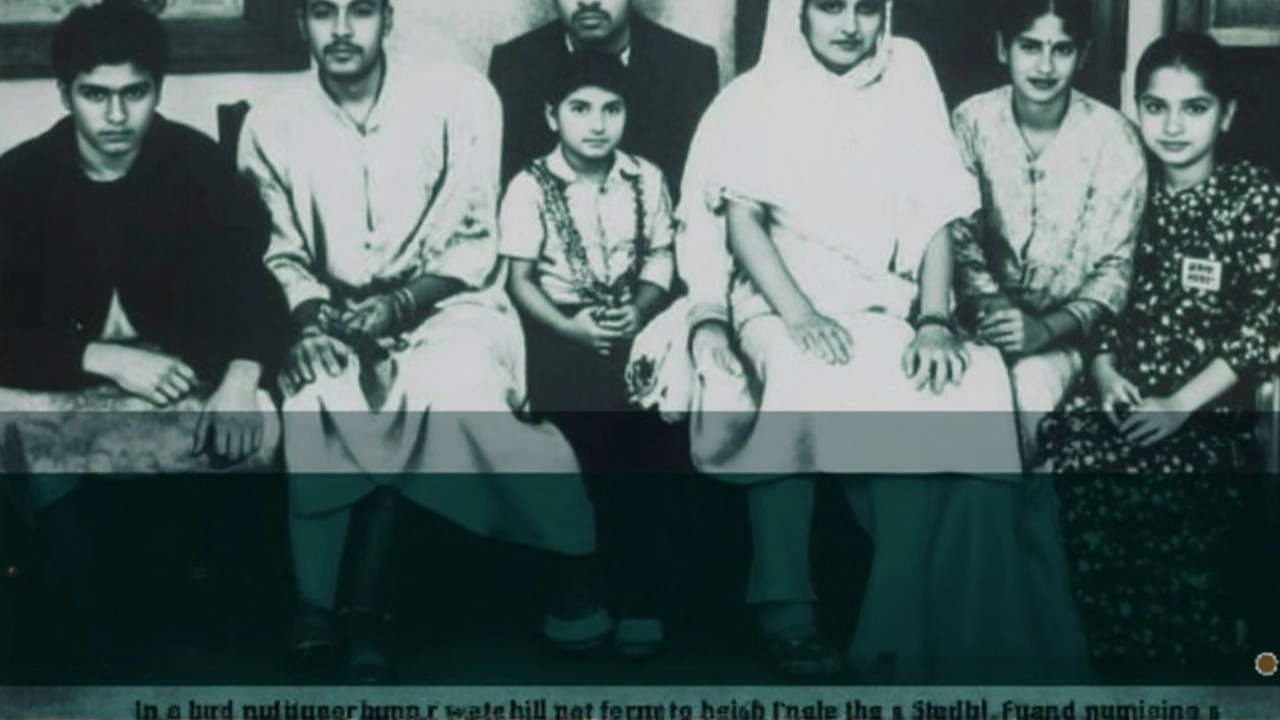Sheikh Hasina’s story is nothing short of a political epic filled with both triumph and tragedy. Born on September 28, 1947, to Sheikh Mujibur Rahman, the revered 'Father of the Nation,' Hasina's political life was carved out amid the chaos of Bangladesh's birth from the ashes of Pakistan in 1971. Her father led this monumental movement, shaping the nation’s early destiny.
But history took a dark turn. On a grim morning of August 15, 1975, a coup led by military factions brutally tore her family apart, taking the lives of her father, mother, and three brothers. This cataclysmic event, however, was one she narrowly escaped, finding herself abroad with her sister, Sheikh Rehana, during the massacre.
Building a Life Amidst Political Turmoil
Hasina forged ahead, married to M.A. Wazed Miah, a respected physicist who chaired the Bangladesh Atomic Energy Commission. Together, they had two children, Sajeeb Wazed and Saima Wazed, who themselves have played significant roles in Bangladesh's journey—Sajeeb as a businessman and ICT advisor, and Saima as a director with the World Health Organization.
The family's political influence extends deep, with ties reaching the current army chief, General Waker-Uz-Zaman, married into their lineage. His role became paramount amidst political shifts in 2024 when protests erupted over disputed elections and the administration’s governance.
The Awami League Legend
In 1981, in a move essential to their family’s return to Bangladesh's political stage, Hasina assumed leadership of the Awami League. Her return from exile marked the beginning of a new era of leadership, which first saw her assuming the role of prime minister in 1996 and then again in 2009, a position she would hold for over 15 years.
Her leadership navigated the nation through significant economic growth, largely propelled by its burgeoning garment industry and a slew of infrastructure projects, notably the ambitious $2.9 billion Padma Bridge. But her tenure wasn't free from controversy; critics frequently pointed to corruption and authoritarian tendencies that marred her long administration.
The unrest in August 2024, marked by mass protests and political upheaval, highlighted the fragile equilibrium of power. As dissenters took to the streets, decrying the government and vandalizing symbols of her father, Sheikh Hasina made the drastic decision to resign and seek refuge in India.
In a striking turn of events, her son, Sajeeb, publicly declared her departure from political life, stating, “She is done with Bangladesh.” Meanwhile, General Zaman stepped into prominence, spearheading an interim administration and announcing inquiries into the casualties among protestors.
The Tungipara Sheikh family, tracing roots back to Baghdad, remains pivotal in Bangladeshi politics, housing notable figures like Sheikh Shahidul Islam and Sheikh Hafizur Rahman. With such deep-rooted connections, their narrative continues to be indispensable in shaping the nation’s present and future.
